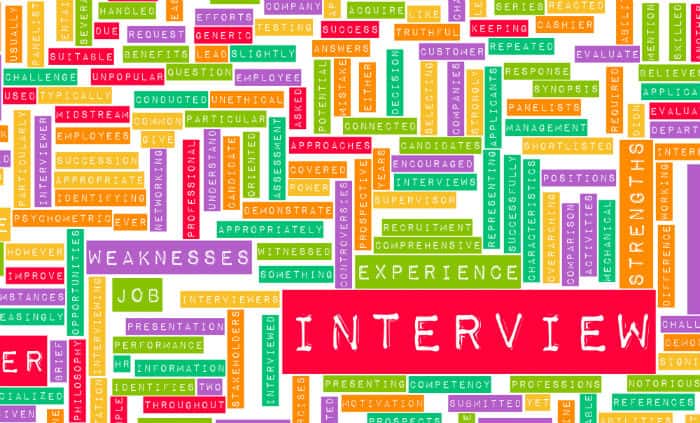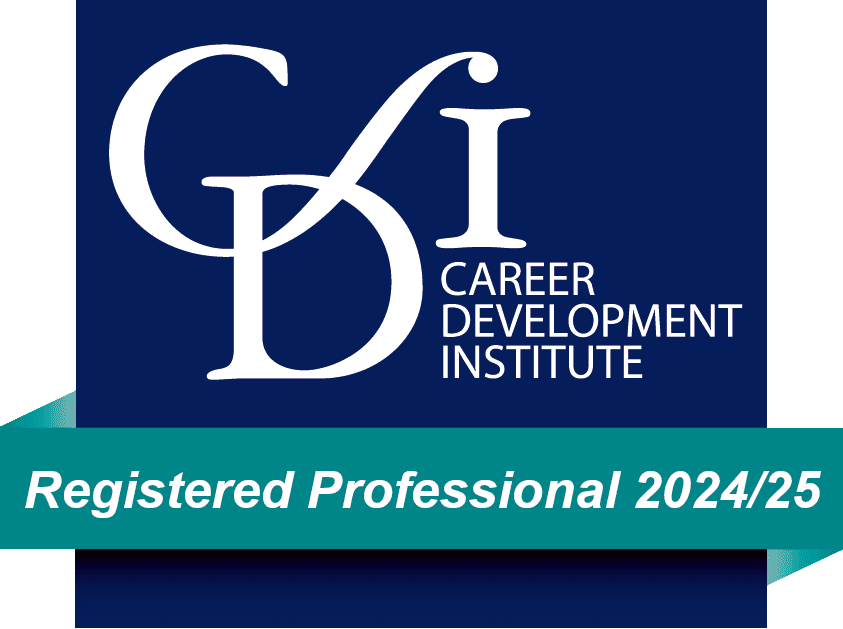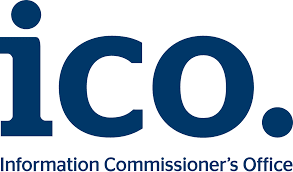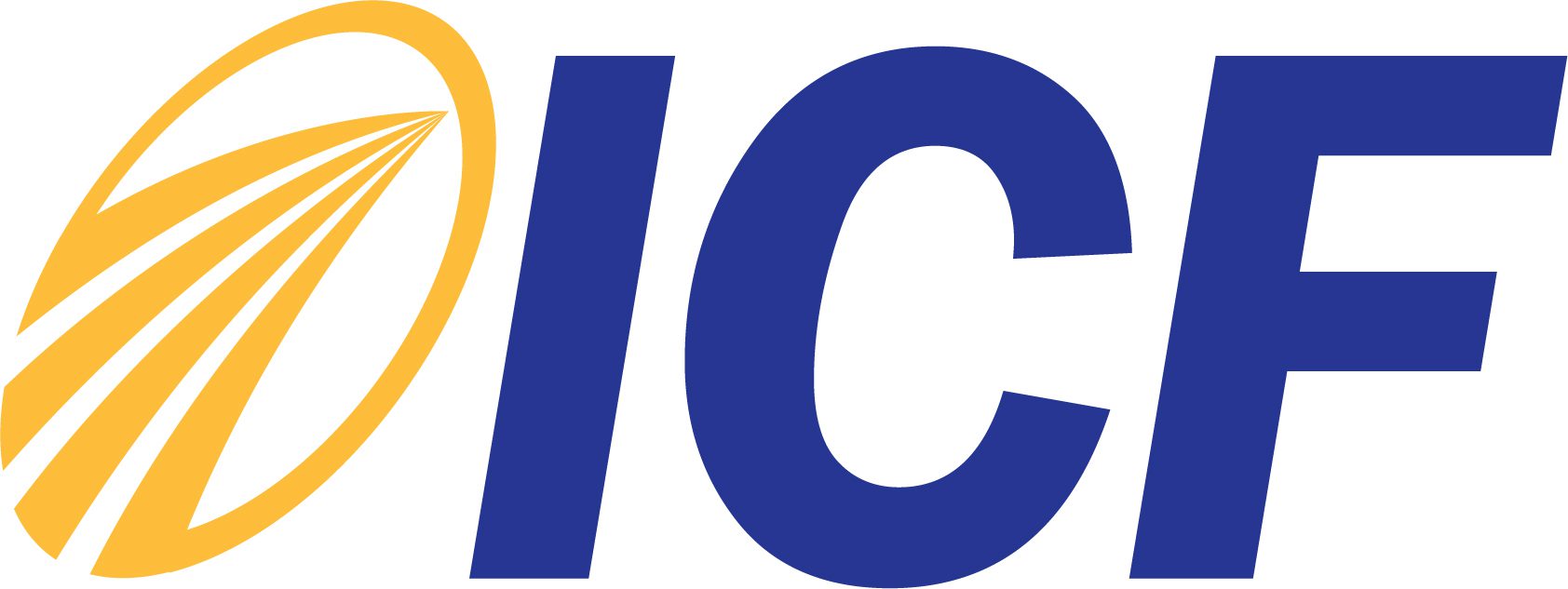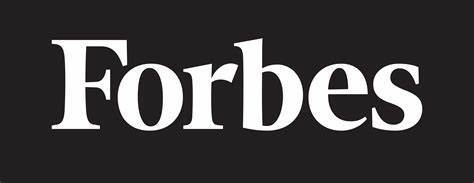Executive job interview tips
Recently, you’ve received an interview invitation from an executive recruiter. The senior level role at a successful company sounds like a good fit for your skill set and work experience. To make the life-changing career move you need to excel in your executive job interview.
This guide will lead you, as a C-level executive job seeker, through the interview process.
So, let’s start with preparation for the interview to make a strong first impression and handling the tough executive job interview questions with confidence. First, some fundamental executive job interview tips.
- Gain as much information about the company and the executive job role you’re about to be interviewed for. Knowledge means power, possessing the essential information will make you feel comfortable on the spot and meet the expectations of the hiring manager with ease. Research more than other candidates will.
- First impression. Thorough preparation is the key to building a strong first impression. Being familiar with the specifics of the business and its background, knowing the revenue numbers or quote statistics will leave a positive trace. The day of the interview, arrive ahead of time to avoid any delay. When interacting with the interviewer, make eye contact, smile and gesticulate in a natural way. Listen carefully and make certain you understand the executive interview questions and word your answers thoughtfully.
- Strengths and Weaknesses. Anticipating what executive job interview questions you may be asked is the key to providing satisfactory answers. What are your strengths? is among the most common executive job interview questions. Think of the strong qualities you possess that will be beneficial to the company. When asked about project failures, mention only one and describe your proactive approach and the smart action you’ve taken to fix the issue.
- At the end of the interview, be certain to verbally express definite interest in the position. Don’t keep it to yourself assuming the hiring manager will see your enthusiasm and eagerness and come to a right conclusion. Send out a letter thanking the executive recruiter for taking the time to see you. Use this chance to once again pinpoint your strong qualities and express the desire to contribute to the business.
Executive job interview questions
Years of experience working as an executive career coach allowed me to create a road map of the most common executive job interview questions. This general guide on how to craft striking answers to the toughest executive interview questions is designed to assist you with interview preparation. While practicing the responses, make sure they don’t sound rehearsed on the day of your interview.
- Why did you choose to leave your last position? This is a straightforward question which requires an unambiguous answer. But what if you were made redundant? As in many other cases, honesty proves to be the best policy. Try to demonstrate your layoff had a specific reason behind it. The product or service you’ve been responsible for might have been discontinued. Or the business has moved abroad. By asking this executive interview question the recruiter wants to find out if you will be a good fit for the client’s company. Highlight any positive outcome of your departure (e.g. a new more challenging job) to show you’re not a conflict maker who holds on to the past.
- What’s your management style? Senior level executive positions require supervising other team members. To get this question right, start with providing your understanding of a good manager profile. Setting the background in advance will allow you to demonstrate you fit the profile. Also, you will be able to speak of additional qualities which make your management style exceptional. Some evidence – a brief story from your real work experience – will be in place to back up your vision.
- Tell us about projects that failed. Don’t be taken off guard by this tricky question. Nobody is perfect and in the business world things can easily go off track. This trap question is an ideal opportunity for you to present your leader qualities. You can tell the recruiter how you managed to bring the team together and effectively brainstorm, when you realized you failed to meet the deadline. Don’t dwell on the negatives, describe the result and the priceless experience you’ve gained.
- Why should we hire you? This question directly co-relates to your strengths. Determine how your strong points and experience align with the company’s current needs. Share your vision of the business thriving under your mindful management. Pinpoint that you will bring on board valuable experience and fresh ideas.
- Salary expectations. When asked about your salary expectations keep the balance between naming a figure which is too high and selling yourself too short. Best policy is to come up with a range based on your previous research in this field of business. Another effective tactic is to ask the interviewer about the company’s compensation policy.
A brief factual response to all the executive interview questions above is not what the executive recruiter is looking for. The hiring manager pays close attention to your communication skills as the executive-level position acquires team management (leadership) and participation in board meetings. Instead of giving concise answers, create engaging stories to make the facts compelling.
How can a career coach’s input be beneficial for your executive role interview preparation? First, a professional career coach can provide an independent, yet very objective opinion. The coach will study the potential interviewer thoroughly (including the business background) and then question you, playing the devil’s advocate role. Afterwards, the discussion will be summarised, its strong and weak points pinpointed by the coach. Hence, the coach’s feedback will become a powerful instrument in your future interview approach.
Let our clients speak for themselves:
‘Very black and white (realistic) advice on future roles, providing clear, independent, but very objective opinions. Able to question and pin-point motives and pit falls. Excellent advocate of the mock interview, studying the potential interviewer (including the business), and really playing the devil’s advocate. Then surmising the discussion and pinpointing all the strengths and weaknesses: my coach’s feedback was instrumental in the approach I then took with two (independent) company interviews, from which I received two job offers. I really believe that I would not have been as well prepared (or got the job offers) had he not drilled, prepared, guided, and importantly – been the devil’s advocate asking those tough questions. It is difficult to fault them on what I asked them to do!’
To make a desired career leap and secure your next executive role in a successful company take advantage of the many other benefits of having a personal career coach

